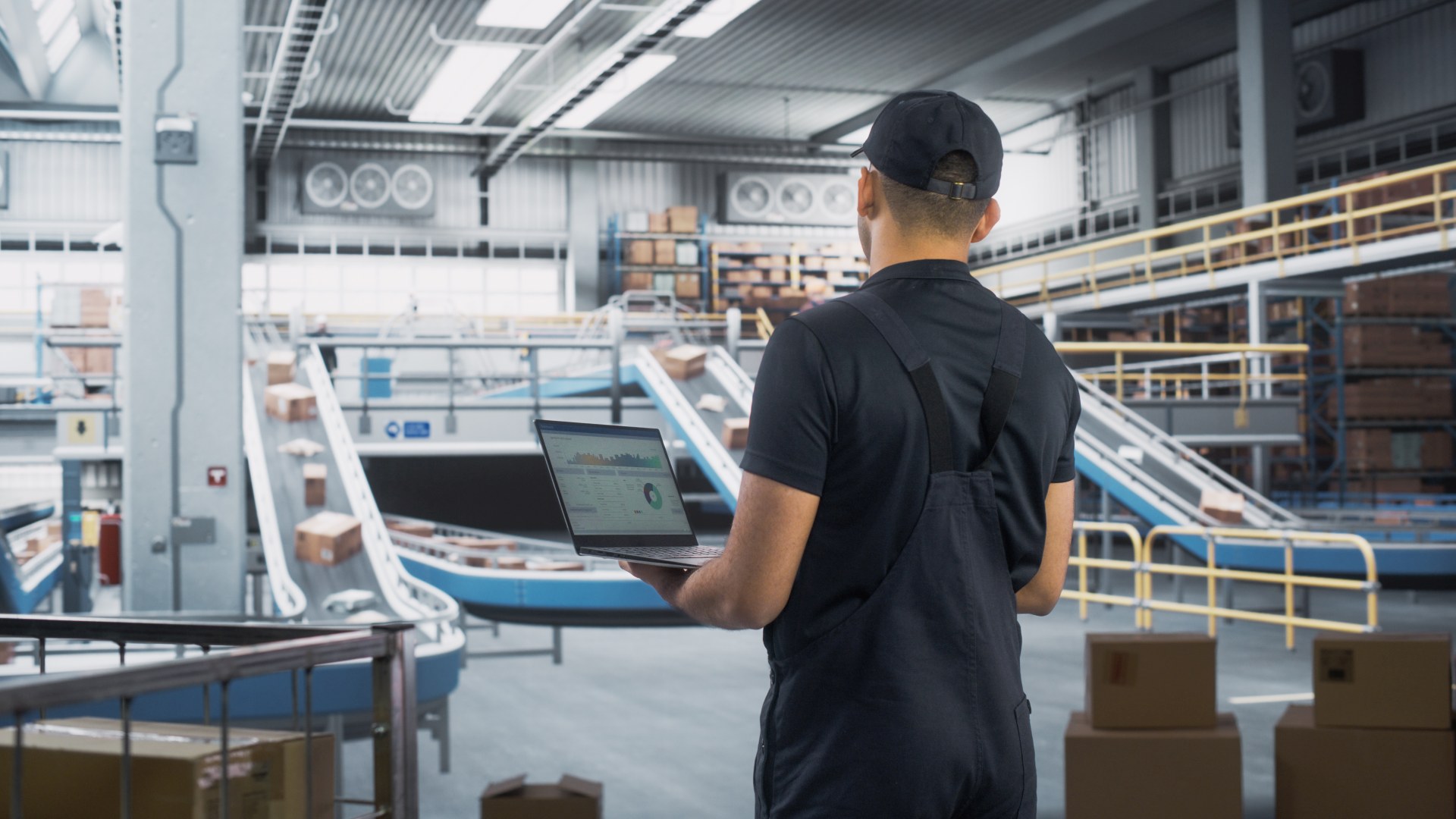Inspection and maintenance: For reliable system performance and maximum availability
Regular inspections and maintenance extend the service life of your systems and ensure continuous operational readiness. Our 24/7/365 service ensures that your systems always remain in perfect condition – with original spare parts, a comprehensive spare parts service and customized maintenance solutions. Together, we develop maintenance contracts and inspection concepts that take your specific requirements into account. In this way, we ensure that your processes run smoothly and potential breakdowns are minimized.
Advantages of regular inspection and maintenance:
- Optimization of system efficiency: Through regular inspections and maintenance, we ensure that your systems are always in perfect condition and that potential faults are detected and prevented at an early stage.
- Plannable maintenance measures: Maintenance dates are coordinated with you in advance so that you can optimally integrate repairs and maintenance work into your operating processes.
- Cost control through predictive maintenance: Regular maintenance helps to avoid unexpected repair costs and optimize your maintenance expenditure in the long term.
- Use of original spare parts: We only use original spare parts to ensure the quality and longevity of your systems and guarantee their optimum performance.
- Rapid availability of spare parts: Our maintenance contracts also include the storage of spare parts. This means we can react quickly if necessary and provide you with the parts you need immediately.

Maximum operational reliability through continuous maintenance
FAQ:
What types of support systems are there?
There are different types of conveyor systems, which are divided into different categories depending on the requirements and areas of application:
- Lightweight conveyor technology: Conveyor systems for smaller, lighter goods such as packages, boxes or cartons. Examples include roller conveyors and belt conveyors.
- Heavy-duty conveyor technology: Systems for transporting heavy and bulky goods such as machine components and pallets. These include chain conveyors and heavy-duty roller conveyors.
- Automated conveyor systems: Fully automated conveyor solutions that make production and logistics more efficient. Examples include robot-assisted units and fully automated production lines.
- Special solutions: Individually developed systems that are specially tailored to the needs of customers and specific industry requirements, e.g. for the pharmaceutical industry, mechanical engineering or food processing.
How do AMI's conveyor systems contribute to increasing efficiency?
AMI’s conveyor systems contribute to increasing efficiency in various ways:
- Optimization of the material flow: The use of tailor-made conveyor systems optimizes the internal material flow, resulting in a more efficient organization and faster processes.
- Relief for employees and cost reduction: Automated and hybrid conveyor systems take over repetitive tasks, relieving employees of monotonous activities and allowing them to concentrate on value-adding tasks. This increases productivity and reduces operating costs in the long term by saving energy and labor resources.
- Improvement of logistics processes: Conveyor systems such as roller conveyors and belt conveyors speed up specific logistics processes such as picking, sorting and packing, resulting in more efficient operations overall.
Which goods can be transported with AMI conveyor systems?
AMI’s conveyor systems can be used to transport a wide variety of goods, including:
- Small and light goods: such as parcels, cartons, individual parts and smaller components that are frequently used in warehouse logistics, order picking or shipping.
- Medium-heavy goods: Components, workpieces and products that are moved using chain conveyors or pallet conveyors, e.g. in production or assembly.
- Heavy loads: Machine components, steel beams and pallets that are transported using heavy-duty conveyor technology, particularly in the automotive, casting and mechanical engineering industries.
- Sensitive and specialized goods: electronic components, pharmaceutical products or foodstuffs that are moved with special solutions for safe and gentle transport.
Customers can also submit individual requests for special conveyed goods that are tailored to their specific requirements and processes.
